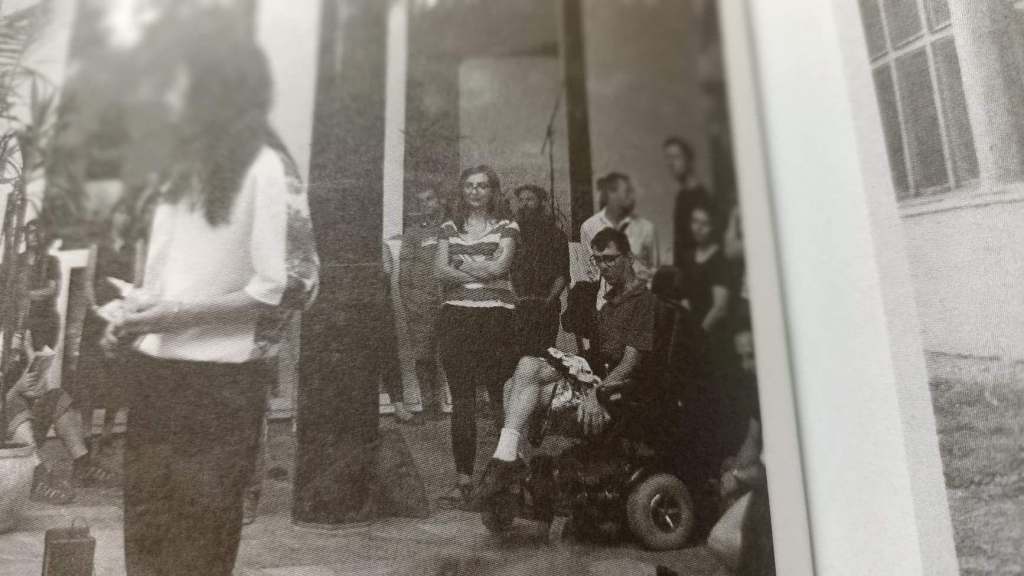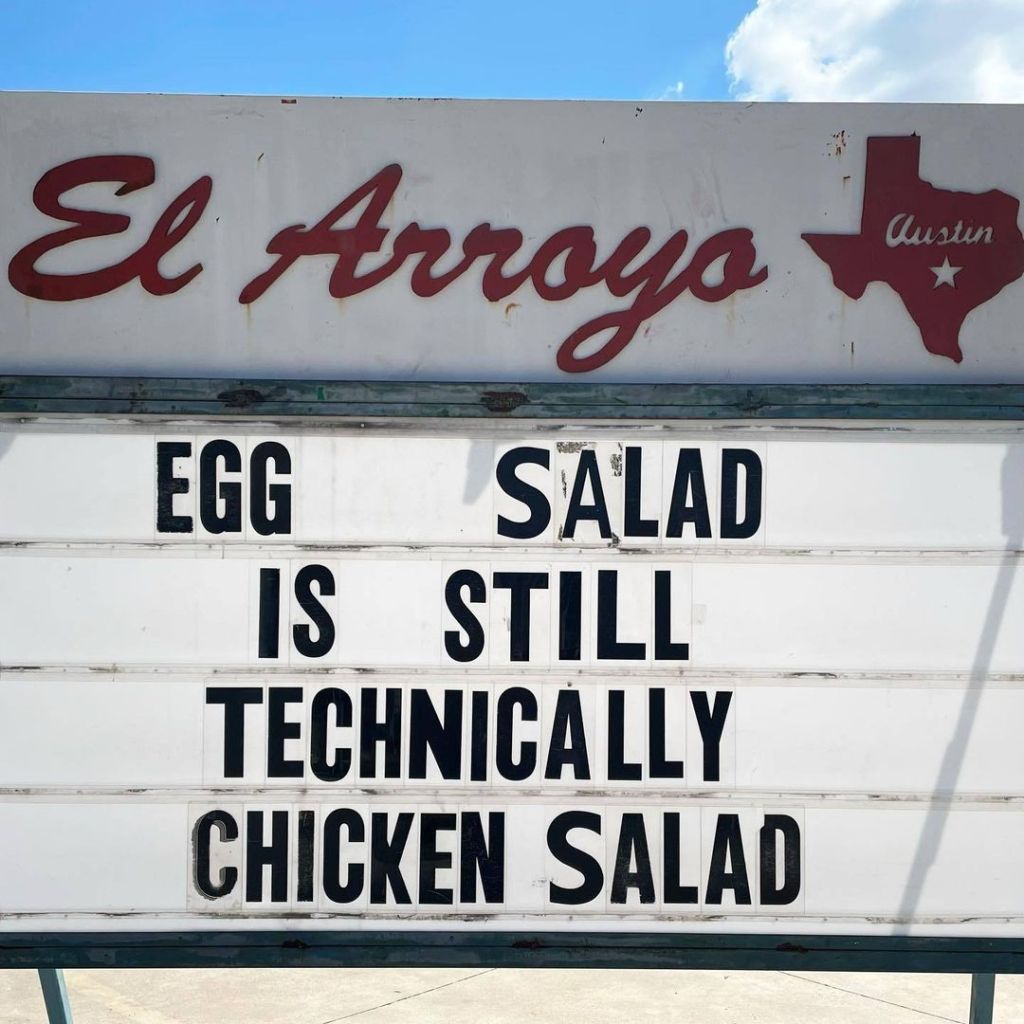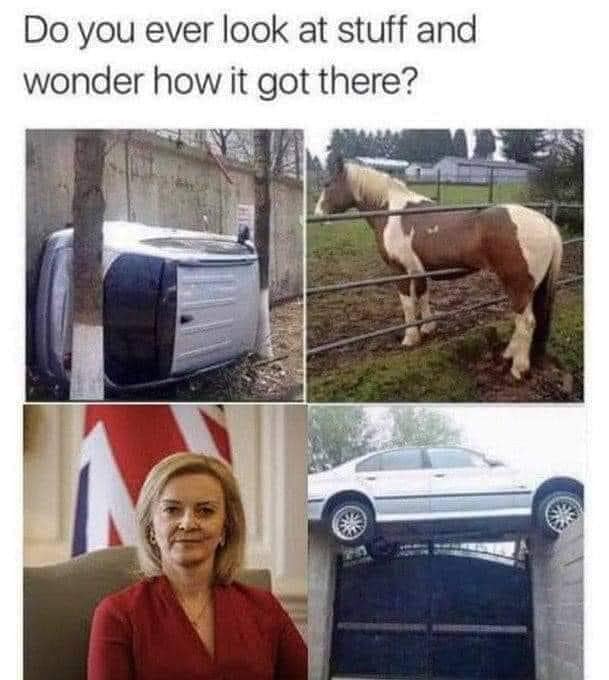To be honest it has been quite a crazy, yet ultimately very pleasant, twenty four hours or so. My parents are currently in London, staying, as they often do, at the old family place up in Harlesden. Three or four days ago, they arranged to visit me here in Eltham today. The thing is, whenever my parents visit I get nervous, as they, being my parents, get rather critical about the state of my flat. Lying in bed on Wednesday night, however, I had a pretty wild idea: if I went to see them the day before, I could beat them to it. We could all see each other and they wouldn’t need to come here. After all, it’s only a tube and bus ride away – not hard to get there at all.
That, then, is what I did, setting off after brunch yesterday. My plan was to go and surprise my parents, spend the afternoon with them, and be back here in time for dinner. The looks on my mum or dad’s faces when they opened their front door would be priceless. Fool that I am, of course, I forgot that, as people too, my parents may have their own plans, and weren’t necessarily going to be in when I got there; yet I put that to the back of my mind as I rode the Jubilee line to Kilburn. As a ‘Step free from platform to street’ stop, rather than a completely step free stop, part of my reason for going on the entire trip was that I wanted to see how easily it was to arrange for access there.
Fortunately, I’m happy to say it worked without a hitch: a man was waiting for me at Kilburn station with a ramp, and pretty soon I was trying to look for the right bus stop to get on the bus I needed. Then, after a while, I was on a bus being taken to the North London house once owned by my grandparents and which I first knew as an infant.
It was then that things got slightly silly. Rolling up to the door, I rang the bell, and waited….and waited….and waited. It slowly began to dawn on me that no one was in, and that I had made the entire silly trip for nothing. Part of me – the sensible part – wanted to just give up and head home: if I set off then, I would probably be back in time for the evening news, not to mention Serkan and dinner. Yet I have a foolish streak which can also be very stubborn, so I decided to wait, telling myself that my parents could be back from wherever they had been at any moment. Crossing the quiet little cul-de-sac to find some shade, I tapped yesterday’s blog entry into my Ipad. An hour or so passed.
This was getting silly, I decided. Perhaps if I could get a web connection I could contact Mum to ask where they were, so I asked a friendly lady passing by whether anywhere in that area had a wifi network. She kindly suggested a pub a few hundred metres down the road, so I set off towards it, hoping for a happy conclusion to an afternoon which was becoming a bit embarrassing.
Finding the pub, but avoiding the temptation to have a beer, they kindly connected me to the web. I tried to contact my mum, but frustratingly got no answer. I waited there about half an hour, fast realising that perhaps today wasn’t such a good idea, before going back to try the doorbell one last time…
You should have seen the look on my father’s face when he opened that door! His disabled middle son had appeared totally out of the blue, inexplicably rolling his powerchair across London to see them, having given them absolutely no warning that he was coming. My parents had only just got in from an afternoon in central London, and were just settling down to a quiet cup of tea. Nonetheless, Dad invited me in, helping me out of my powerchair.
My plan had been to just spend an hour or two with my parents, before heading home. They, of course, had other ideas: heading back across London at that time – rush hour near enough – would be absurd. That’s how I came to be eating dinner with them and then spending the night. Mum being mum, she instantly started to cook extra food and making a bed for me to sleep in. I know they’re my parents, but their warmth and generosity struck my heart.
It turned out to be a lovely, quiet, family evening like the ones I knew growing up: we ate dinner together, watched TV and went to bed. Of course, now connected to the house wifi network, I messaged Serkan to tell him he didn’t have to come. Sat there in that old family house, I suddenly felt a great warmth, as though I was being told that, no matter how chaotic or uncertain things get, my family will always open the door to me. That feeling was well worth the journey yesterday.
In the end, I suppose my plot failed. This morning after a night in Harlesden, my parents came back to Eltham with me, visiting just as they had planned. Yet it was nice to travel back with them, and lovely to have them here; I shouldn’t have got so uptight about them nit-picking. As it was, Serkan had given the place a thorough clean, so it was pretty spotless. We spent a lovely couple of hours together here, having a great lunch at a local pub, before they set off back. It had been great to see me, my parents said, and I’m free to visit them, only next time, it would probably be better to tell them I’m coming.


